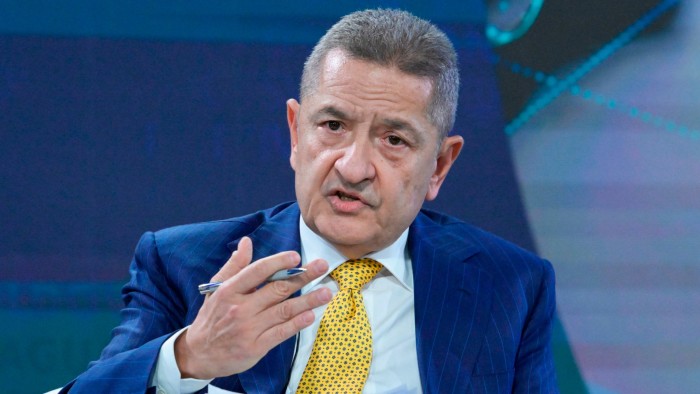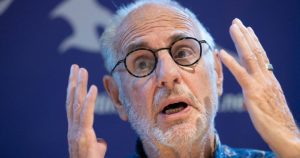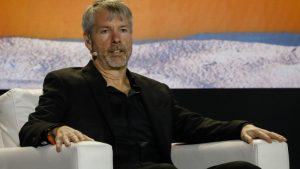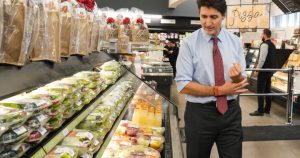ECB must commit to faster rate cuts, says Bank of Italy governor

Unlock the Editor’s Digest for free
Roula Khalaf, Editor of the FT, selects her favourite stories in this weekly newsletter.
The European Central Bank must commit to faster interest rate cuts in a bid to lift the Eurozone economy, the Bank of Italy’s governor has said in a speech that urged officials to ditch their “meeting-by-meeting” approach to monetary policy.
“With inflation close to target and domestic demand stagnant, restrictive monetary conditions are no longer necessary,” said Fabio Panetta in a speech in Milan on Tuesday.
He instead urged policymakers to shift focus to the risk of inflation falling “well below” the central bank’s 2 per cent target, which has become a renewed concern for some policymakers since the summer.
The ECB has lowered interest rates three times this year, taking borrowing costs to 3.25 per cent, and is widely expected to make another quarter-point cut in December and further gradual reductions next year. Analysts expect that the ECB’s key deposit rate will be lowered to around 2 per cent — generally considered a neutral point that neither expands nor contracts economic activity — by mid-2025.
But Panetta, who was a member of the ECB’s executive board from 2020 to 2023 before becoming the Bank of Italy governor, called for the easing to be stepped up, warning that weak domestic demand and a gloomy outlook for world trade require “a timely normalisation” of interest rates.
“Tackling this with a restrictive monetary stance would be a mistake . . . the ECB should face this situation with a neutral stance,” he said. “The tightening bias in our official description of the monetary stance is no longer necessary.”
The ECB acknowledged last month that inflation was falling faster than expected and now predicts that it will reach its 2 per cent medium-term target over the course of next year, rather than by the end of 2025. In September, annual inflation fell below the desired level for the first time in more than three years but rose back to 2 per cent last month.
Panetta also called on the ECB to ditch its current “meeting-by-meeting” guidance that avoids a longer-term commitment on its monetary policy trajectory, urging a “return to a more traditional, genuinely forward-looking approach” to avoid current “uncertainty about the path of policy rates”.
Over the past couple of years, the ECB has put more weight on short-term economic signals and current inflation indicators rather than forecasts of future trends. Panetta acknowledged that this stance was justified as the Eurozone economy experienced a surge in demand at the end of the Covid-19 pandemic, a hit from disrupted global supply chains and a sudden surge in energy prices.
“We deliberately chose to maximise our freedom in the eye of the storm,” he said.
But as the “supply shocks of recent years have been absorbed”, Panetta said policymakers should “go back to the future” and again rely more on “inflation projections based on a genuine economic analysis of the fundamental drivers of inflation”.
A clearer commitment on the future trajectory of interest rates “would help households and firms to take more informed longer-term decisions” on purchases and investment, he added.
#ECB #commit #faster #rate #cuts #Bank #Italy #governor





